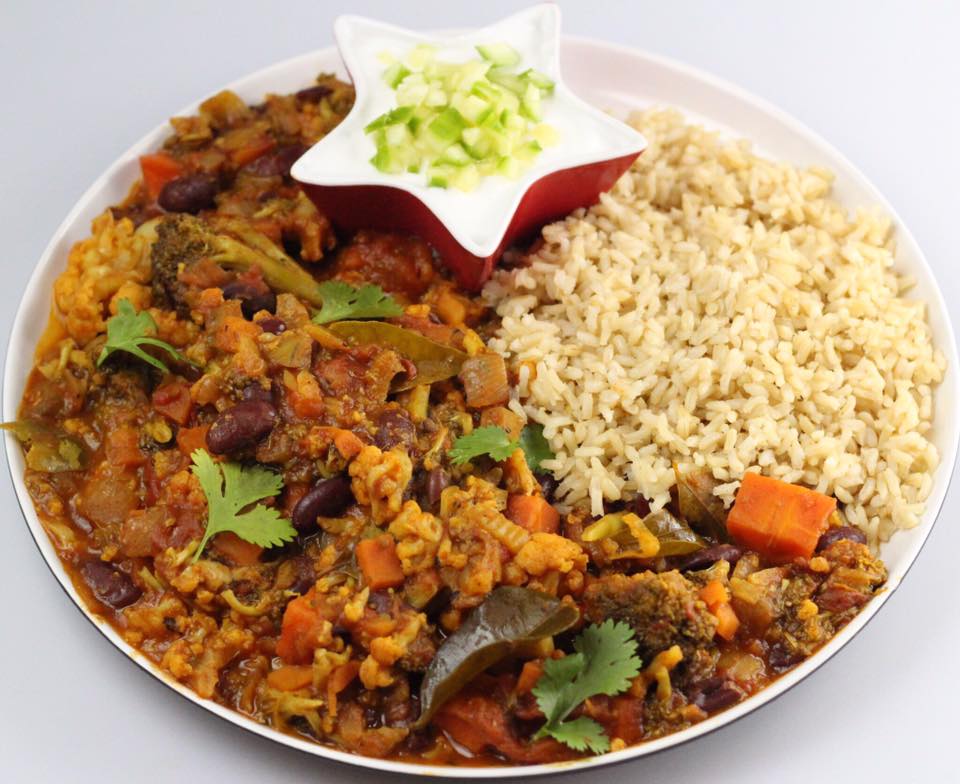
A well planned vegan diet can provide all the nutrients you need for good health. “But where will you get your protein from?”, we hear them say!
Protein is a vital nutrient which has many important roles in our body such as growth and repair of body cells, formation of enzymes and hormones, normal functioning of muscles, transmission of nerve impulses and immune protection.
Protein is made up of building blocks called amino acids. There are roughly 20 amino acids found in plant and animal proteins. Nine of these are “essential” and must be supplied by diet as they cannot be made by the body.
It’s surprisingly easy to get adequate protein on a well planned vegan diet. Remember that plants provide 65% of the world supply of edible protein! Eating a variety of different plant foods ensures that you will be getting enough of all the essential amino acids. Great vegan sources of protein include legumes, grains, nuts, seeds, soy products, textured vegetable protein and vegetables. Be sure to make these foods a feature of your diet.
It was once thought that certain combinations of plant foods had to be eaten at the same meal to ensure adequate essential amino acids. We now know that the body stores essential amino acids for the short term so protein combining is not strictly necessary at each meal but can occur over the day. Soy protein from tofu and tempeh and some grains (amaranth and quinoa) are considered ‘complete’ proteins so are great additions to your vegan diet.
Individual protein needs are quite specific and are related to our body mass. The average omnivore diet often contains way in excess of these needs. For most, protein needs range from 0.75g per kilogram of body weight to 1.2g per kilogram of body weight. This amounts to as little as 40g for a petite adult female to 60g for an average male. Pregnant and breastfeeding women need more protein as do aging adults and athletes. Seek the advice of a health professional if you need help working out your protein requirements.
Here is an example of a daily intake that provided 60g protein…
Breakfast: Smoothie made with soy milk, ground flaxseeds and fruit
Lunch: Vegetable and legume soup with a slice of wholegrain toast
Dinner: Tofu stir fry with vegetables, cashews and brown rice
Snacks: Rice cakes with tahini, piece of fruit and handful of nuts/seeds
Written by Linda Smillie – Accredited Practising Dietitian, Accredited Nutritionist. BSc, Grad Dip Nut Diet
I am a Canberra based dietitian who specialises in plant based diets and gastroenterology. If you are new to plant based eating or a long term vegan I can help make sure you are getting all the essential nutrients you need to optimise your health. I practise at Waramanga and Garran. Email me at smillielinda@gmail.com for more details.

